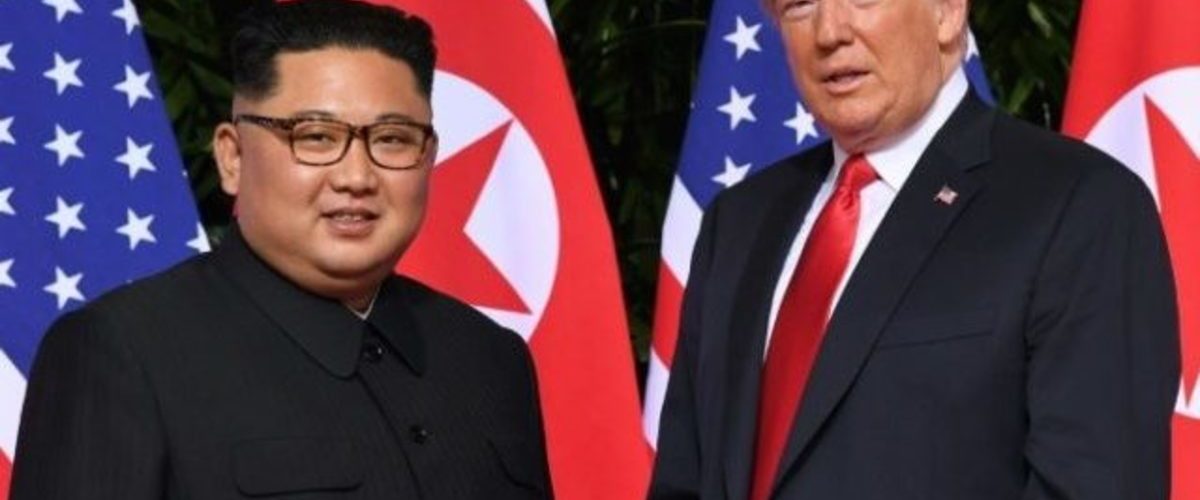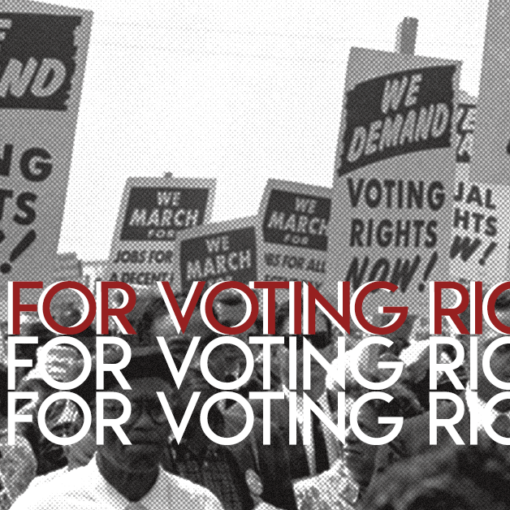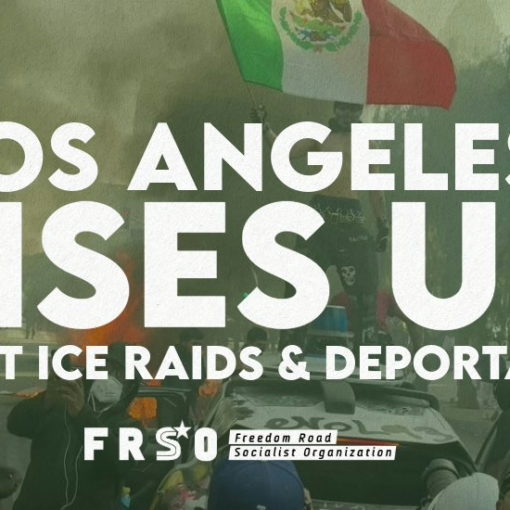The people of Korea and the peace-loving peoples of the world are celebrating the four-point peace pledge between President Trump of the U.S. and the Chairman Kim Jong Un of the socialist Democratic Peoples Republic of Korea (DPRK). It is a big victory for the people of Korea, who want an official end to the U.S. war in Korea, denuclearization of the Korean peninsula, and the return home of U.S. troops. Koreans hope for the unity of their historic homeland, much like the Irish and Palestinian peoples do.
After World War II and the brutal Japanese military occupation, Koreans wanted a united country, as they had for 1000 years prior. Instead the U.S. army invaded and began a military occupation, dividing one nation into two states in 1945. The U.S. set up a military regime in the south. This southern military regime repressed and massacred anyone who opposed them, eventually provoking a war in the early 1950s. The U.S. promotes the myth that the north invaded the south, but the fact remains that Koreans cannot invade their own country.
The U.S. war in Korea killed one in five Koreans in the north, and one in ten Koreans total. The U.S. dropped more bombs on the north than were dropped by all sides in all of Europe in World War II. Low estimates say the U.S. war killed 3 million Koreans. Napalm death is a bad way to die, whether in the countryside or industrial centers. The horrific and deadly war ended quickly without a peace agreement and U.S. occupying troops remain in south Korea today. While the U.S. may have forgotten and buried the Korean War and the 37,000 U.S. troops who died there, it is still a living memory for all Koreans.
Despite what the corporate TV news is squawking about, peace in Korea is a good thing. The pledge for peace is due primarily to the strength and perseverance of the people and government in the socialist DPRK. The progressive, democratic, and workers’ movements in the south of Korea join them in their just national democratic demands. So do revolutionaries, anti-war and international solidarity movements around the world and here in the U.S. As the Korean people drive forward towards peace and unity, the U.S. empire and its supporters appear more isolated.
Part of this has to do with developments in the south of Korea. On May 9, Moon Jae-In was elected president of south Korea on a platform of restarting talks with the DPRK. President Moon and Chairman Kim Jong Un signed the Panmunjon Declaration for Peace, Prosperity, and Unification of the Korean Peninsula on April 27, 2018. Again, Koreans are driving this forward, not the U.S. The Panmunjon Declaration became the draft for the Kim Jong Un-Trump Peace Pledge.
There is a big lesson here: Anything Trump is able to accomplish with the DPRK simply exposes the complete failures of all prior U.S. administrations, Democrat and Republican. This shows how easy it could have been for any of them to make peace in Korea, if even Trump can fumble his way into this. This is a scathing indictment of the U.S. empire. It reveals the political and moral bankruptcy of decades of bipartisan U.S. foreign policy in Korea.
For decades the U.S. propped up brutal dictatorships in south Korea, making people endure murderous, undemocratic, corrupt right-wing governments with leaders doing the bidding of the U.S. Just last year President Park was impeached for corruption after stealing tens of millions of dollars. These governments violently repressed the student, labor and Korea unification movements, killing protesters and strike leaders in the streets. They denied democratic and labor rights whenever they could get away with it. The supporters of these right-wing governments were getting rich by exporting the natural resources of Korea to profit U.S. companies. Then Wall Street changed tact in the 1960s, and invested heavily in the electronics, auto and steel industries in the south of Korea, profiting from repressed wages, while shutting down the same industries in the U.S.
There are three big opponents of Korean peace and unity, and they are working overtime to stop any more DPRK-U.S. talks. Wall Street is howling about falling stock prices in weapons and other industries, the U.S. corporate media is screaming about Trump calling off U.S. war games, and then there are the ugly and offensive pro-war Democrats and Republicans making all sorts of American jingoistic statements, many of them American chauvinist against Koreans and Asians.
We stand with the Koreans who want peace, prosperity and security, the very ideas the four-point peace pledge talks about.
It is time for peace! No to U.S. war! No more U.S. war games! Bring the troops home now! Lift the sanctions on DPRK!





